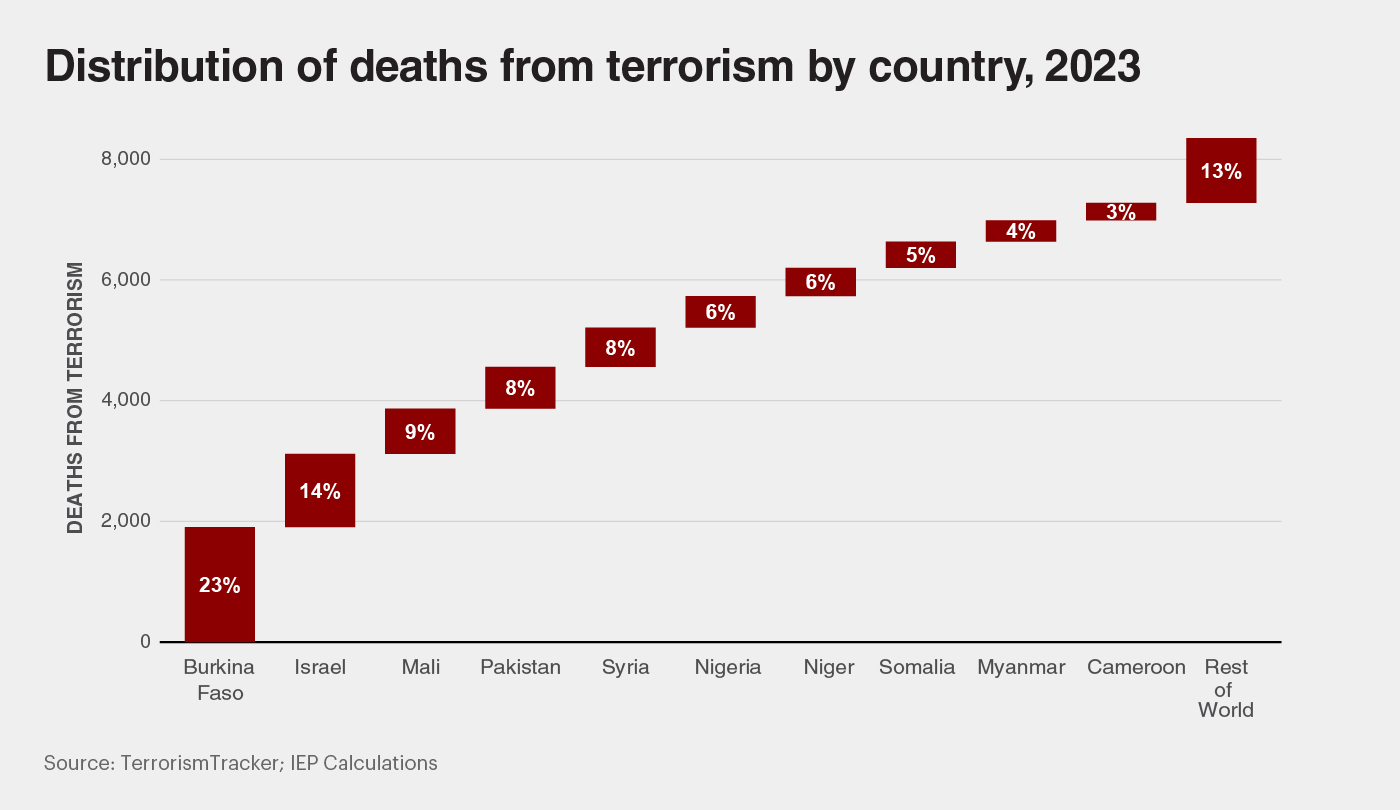
Cryptocurrency collided with terrorism and ISIS in a way that can’t be ignored with the conviction of Mohammed Azharuddin Chhipa.
The 35-year-old from Springfield, Virginia, was nailed by a federal jury for funneling crypto funds straight into the hands of ISIS. It’s a stark reminder of the gaping holes in crypto regulation and the risks hiding in the shadows.
Here’s How Mohammed Chhipa Funneled $185,000 in Crypto to ISIS
Over three years, Mohammed Azharuddin Chhipa funneled more than $185,000 in cryptocurrency to ISIS, slipping funds into Syria to bankroll escapes from prison camps and prop up fighters. The US Department of Justice painted a damning picture of his methods—donations hustled through social media, cash handed off in person, and transfers fed into crypto funnels routed through Turkey.

(Source)
The money trail reads like a manual for evading counter-terrorism efforts, with prosecutors calling it a calculated assault on global security.
A statement from the DOJ described his actions as a serious breach of counter-terrorism efforts, noting, “Over the course of the conspiracy, the defendant sent out over $185,000 in cryptocurrency to benefit ISIS in various ways.”
Mohammed Chhipa Didn’t Act Alone
Chhipa didn’t act alone. Teaming up with a British-born ISIS operative stationed in Syria, he orchestrated a shadowy operation to fund prison escapes and hatch attack plans—all greased with digital cash.
Their crypto hustle quietly funneled money under the radar. After a weeklong trial, Chhipa took the fall on five charges, including conspiracy to support a terrorist organization. Chhipa now stares down the barrel of a potential 100-year sentence.
Regulators focus on KYC and AML rules with laser focus, aiming to choke off the cash flow feeding operations like Chhipa’s. Deputy Attorney General Lisa O. Monaco didn’t mince words after his conviction, warning, “Cryptocurrency is not a safe haven for criminals.” The message is clear—no matter the shape money takes, the chase doesn’t end.
What’s Next For Mohammed Chhipa?
The Chhipa case clearly shows that law enforcement and regulatory agencies are actively monitoring the cryptocurrency space to identify and prevent illegal activities. While blockchain remains a powerful tool for legitimate commerce, its misuse for purposes like terrorism financing highlights the urgent need for evolving regulations and vigilant enforcement.
Terrorists are proving disturbingly good at bending new tech to their will. The challenge is for counter-terrorism efforts to keep up, threading the needle between fostering innovation and preventing its weaponization.
EXPLORE: Best RWA Projects to Buy in 2024
Join The 99Bitcoins News Discord Here For The Latest Market Updates
The post Who is Mohammed Chhipa? Virginia Man Funds ISIS With Near $200K in Crypto appeared first on 99Bitcoins.







